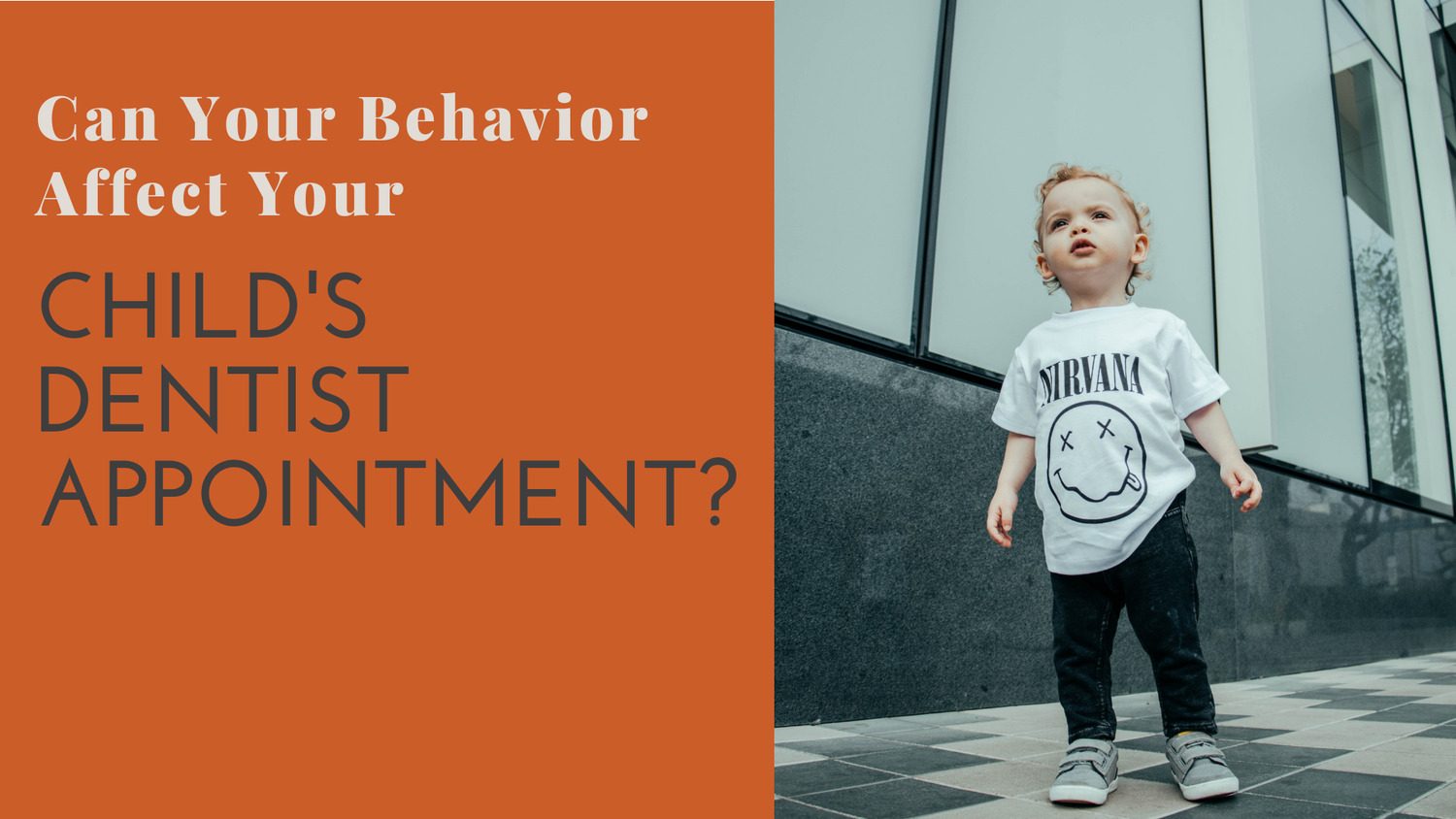Note: The following story is for illustrative purposes and isn’t meant to refer to any specific patient. Rather, it’s a combination of multiple patient encounters distilled into a single event to simplify the story and protect patient privacy.
A 9 year old child was brought to the office for dental treatment with general anesthesia. He had previously tried to complete dental work without anesthesia, but the patient’s behavior quickly went south right before the numbing medication was to be administered.
He was with several family members, including his mother, father, and grandmother. On the day of the surgery, the patient was reluctant to enter the treatment area or even leave the waiting room. A considerable amount of time was spent attempting to explain to the child what to expect from the day’s appointment.
We finally convinced him to come to the treatment area to sit on the chair and watch a movie. The hitch was that the child would only agree to come if all of the accompanying family members could come, too.
Against my better judgment, we agreed and permitted the whole family to come in with him. When we got to the treatment area, the patient began to decompensate; tears flowed, bargaining followed, distraction was attempted, but all of it was to no avail. The family tried to help, but it was counterproductive.
Not being experts, they started pointing at the dental instruments and saying things like…
- Those shots aren’t for you
- Stop whining
- This isn’t going to hurt
- They’re not going to do anything to you — I won’t let them
This situation continued for another few minutes until the child became so worked up that he ran out of the treatment area, through the waiting room, and right outside toward his family’s car in the parking lot. We ran out after him, only to keep him from getting hurt in the parking lot.
After discussing options with the family, which included restraint to induce anesthesia and facilitate dental treatment, we ultimately decided to cancel the treatment. The family rescheduled twice, but canceled the day of both times because they were unable to get the child out of the house.

How parent behavior can be reflected on your child
If you’re reading this and thinking, that’s my kid! He’s talking about me! Trust me, I’m not. This story has happened so many times that all the details have merged and blended in my brain. However, I tell this story to highlight something that parents aren’t usually aware of: You have a direct influence on your child’s behavior and their treatment outcomes.
I’ve not only personally observed this, but there are studies that back it up, too. I recently read a review article that looked at hundreds of articles about this idea to see if there was a general scientific consensus.
The question was: “Do parents influence their children’s behavior in the dental office?” If you click and read that study, kudos to you.

So what can be done?
If there is a correlation, what can we do about it? Are there actionable steps that we can take to minimize the negative influence we may have on our children or to maximize the positive influence we have on them at the dental office? I have a few suggestions.
Be positive
Kids are little sponge mirrors. They pick up on all of our anxieties and frustrations, soak them up, and then reflect it back to us.
The prime example of this is the following interaction with my child: I come home from work stressed and I’m short and crabby towards him. He gets defensive and starts to assume my foul mood, which makes me react poorly to him. By the end of the night, we’re caught in a negative feedback loop and everybody is mad at everybody else. However, if I can come home and separate my work stress from my home life, the whole evening goes better.
Maybe you’ve had awful experiences at the dentist in the past. Put on a brave face for the sake of your child, and don’t tell him or her about how much you hate the dentist.
Be honest, but don’t be explicit
When parents tell their kids that we won’t use any shots or have to do anything that could possibly hurt, they are setting the dental team up for failure. If your kid asks if they need a shot, you shouldn’t lie to them — you should just avoid the gory details.
Under normal circumstances, we’re able to give numbing medications without the child even aware it’s happening. The syringes are kept hidden and out of sight of the child and topical numbing medication is given that reduces the sensation from the injection, too. If they ask, the best answer is “the doctor may give you some medication that will keep you from hurting.”
Obviously, kids may continue to press the question since that’s a deliberately vague and ambiguous answer, but the less details you can give them without lying, the better.
Avoid negative statements
This point is similar to the one below, but it deserves its own mention. Don’t use words like “hurt” “shot” ”pain”, etc.
These ideas may not have even been on your child’s radar until you started to say them. I’ve seen it happen numerous times. The child is cruising along fine, when the parent says something like, “They’re about to give you a shot, but it’s not going to hurt,” resulting in the child losing it.
Now the child transitions from a state of mind where pain wasn’t even a consideration, to where it’s an expectation.

We’ll do everything we can to make sure child has a positive experience
Sometimes despite everyone’s best collective efforts, a child will still have a hard go of it in the dental chair. It happens. It’s ok to be nervous, and it’s alright if your kid cries at the dental office. If your child does become uncooperative, we’ve got lots of tricks up our sleeves to help manage it. Don’t sweat it, we see it all the time.
Good vibes and calm, pleasant attitudes go a long way toward creating a positive experience and outcome at the dentist. At Children’s Dentistry of Charlottesville, our job is to help your child achieve and maintain good oral health. Impediments may arise along the way, but you don’t have to unknowingly be one.
Questions on how to set your child up for success in the dentist’s’ chair? Contact us and we’ll do our best to answer any concerns you have.

A graduate of Loma Linda University Dental School and a resident in the Loma Linda Dental Anesthesiology Program, Dr. Will received extensive education in pharmacology, physiology, internal medicine, and general anesthesia. Dr. Will is a member of the Special Care Dentistry Association and the American Society of Dentist Anesthesiologists. He’s also a Diplomate of the American Dental Board of Anesthesiology. Dr. Will believes every patient should be treated with kindness and respect and is focused on treating the unique dental and oral health needs of all young people.


